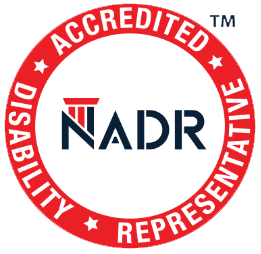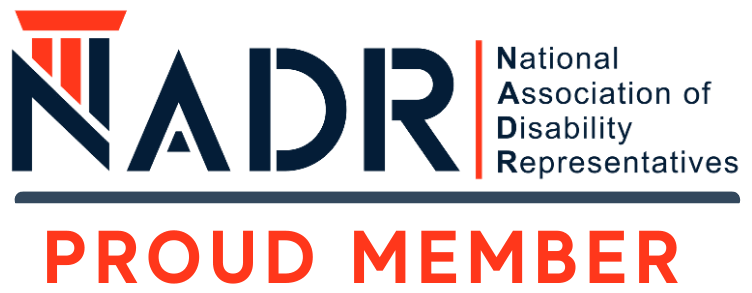Living with a mental illness can significantly impact a person’s life, making it challenging to maintain employment and carry out daily activities. Recognizing these difficulties, the United States provides disability benefits to individuals with mental health conditions. Disability Support Services (DSS) of Maryland aims to provide an overview of disability benefits for mental illness, including the types of benefits available, eligibility criteria, and the application process. Understanding your rights and options can help you access the support you need to navigate your mental health journey.
Read more →What is a Representative Payee, and how do they help? A representative payee is a person or an organization appointed by the Social Security Administration (SSA) to manage Social Security, Supplemental Security Income (SSI), or retirement benefits. A representative payee helps manage the benefit finances for individuals that have a disability (physical or mental limitations), seniors, or in some cases, children. It will help to understand what the SSA is and what benefits they administer. Read on to learn the role of the representative payee.
Read more →Social Security Disability (SSD) benefits stop when you become ineligible to receive them. But the Social Security Administration (SSA) has many standards for eligibility. If you become ineligible under any of these standards, your SSD benefits will end. Here is some information about the rules the SSA uses to determine when Social Security Disability benefits stop.
Read more →As you work through the process of securing your Social Security disability benefits, you might run across the term “functional limitations.” Evidence of a physical, mental, or environmental limitation could help you secure benefits or win an appeal. Here is some information about what constitutes a limitation and how the Social Security Administration (SSA) uses evidence of these conditions.
Read more →Filing for disability benefits can be a difficult process. The Social Security Administration (SSA) has a strict list of criteria that applicants need to meet for their particular medical condition for the claim to be approved. These stringent standards leave tens of thousands of Americans who are struggling with disabilities without necessary support through government aid. The good news is there are options for those who don’t meet the standards of the SSA for disability benefits. To learn more about medical-vocational allowances, read on.
Read more →The Social Security Administration (SSA) provides disability benefits for many different mental disorders. These disorders include congenital disorders, conditions resulting from physical or mental trauma, and degenerative disorders. Regardless of your specific disorder, the SSA determines eligibility for benefits based on the duration and severity of your symptoms. If your disorder renders you unable to work for at least one year, the SSA will probably find you to be eligible for disability benefits. Here is a quick guide to disability benefits for mental disorders and an overview of how the SSA determines eligibility.
Read more →When you think about someone who has had a stroke (also called: cerebrovascular accident), you may picture an older person. While it is true it is common in the elderly, some stroke victims are still of working age. According to Stanford Health, as many as 10% of those stroke victims are younger; Saebo and others put it higher at 20%. Strokes don’t always result from something going wrong in your body. They can be due to accident-caused brain injuries or medical malpractice. A stroke is a medical emergency that can impact every aspect of your life. For example, it can mean weeks or months off of work or, in extreme cases, never returning to your job again. You may be wondering when you can return to work after a cerebrovascular accident. If you can’t go back to work right away or at all, what are your options?
Read more →If you have an ALJ hearing, you have already had two decisions go against your case. What happens in your hearing could turn your case around and secure the SSI or SSDI you need and deserve. With so much riding on your hearing, you need to prepare. You will miss an excellent opportunity to persuade an ALJ to grant your claim if you go into your hearing without knowing what to expect or how to respond. Read on to find some ways to prepare for your hearing.
Read more →The Social Security Act of 1935 established a mechanism for providing annuity payments to retired workers 65 and older. This Act laid the foundation for the modern Social Security system. The original program supplemented a retiree’s existing nest egg by providing small benefits. Its intent was never to subsidize most of a person’s post-work life. Through the years programs have been added that assist low income and disabled individuals. Disabled individuals’ spouses and children and even the surviving relatives of deceased individuals can receive benefits. Add to that a sharp increase in benefit amounts, and Social Security has become the country’s largest social program. Proponents of the disability programs laud their contribution to the country’s well-being. Its critics, however, argue against both its perceived overpayments to the undeserving and its inconsistent claims approval process.
Read more →











